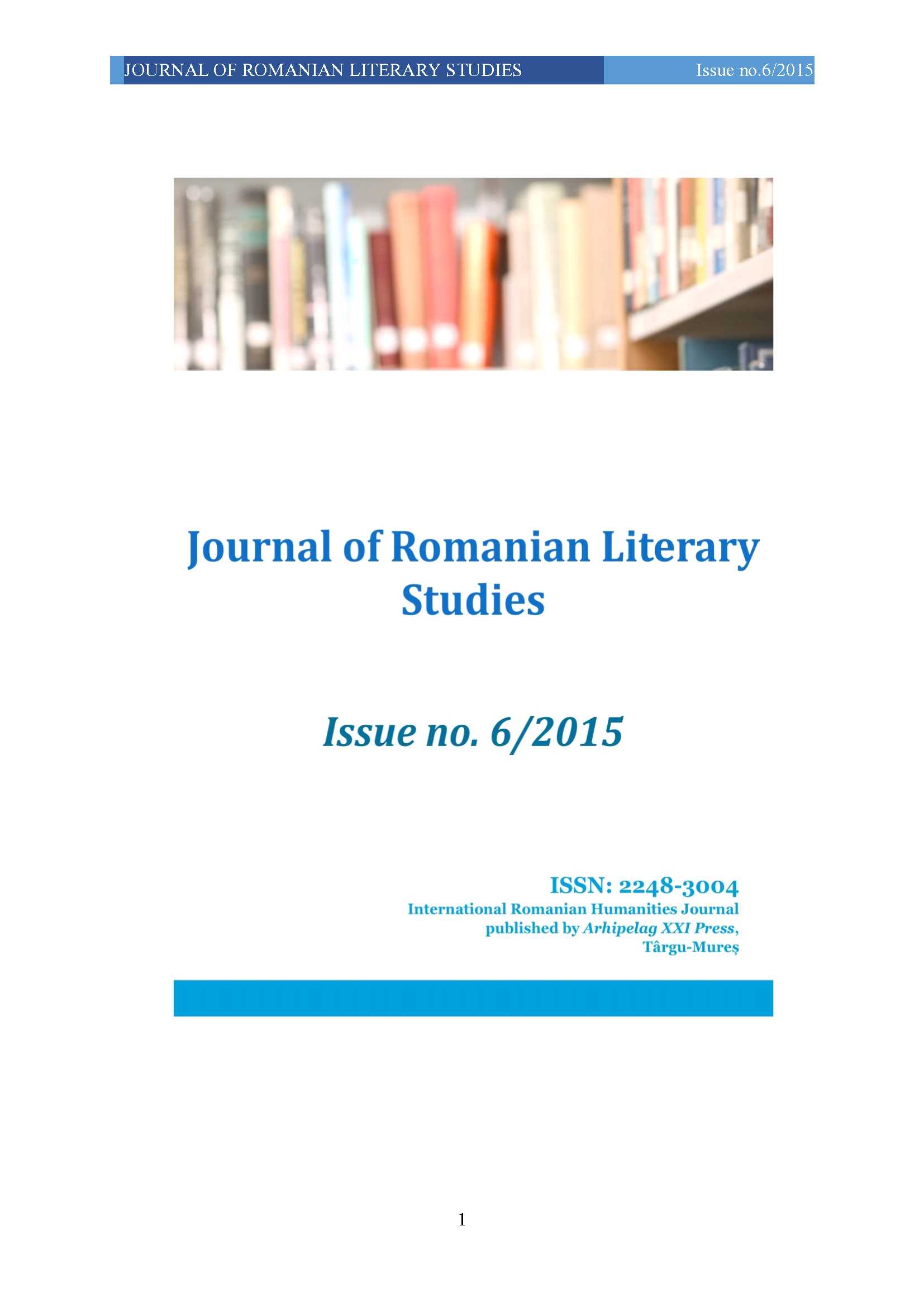EKPHRASIS AND REVERSED EKPHRASIS AS ADAPTATION PROCESSES
EKPHRASIS AND REVERSED EKPHRASIS AS ADAPTATION PROCESSES
Author(s): Lavinia HuleaSubject(s): Language and Literature Studies, Literary Texts
Published by: Editura Arhipelag XXI
Keywords: ekphrasis; reversed ekphrasis; adaptation; intertextuality; relation
Summary/Abstract: Whether theorists call them translations, adaptations, ekphrases or reversed ekphrases, transpositions or interpretations (and the enumeration is far from exhausted), such processes, implying comparisons between media, are considered to represent a “transgenerational phenomenon” and to rely on the source text’s cultural continuity and, implicitly, on its susceptibility of being further replicated in target texts. It has also been noticed that most adaptations appear to perform a shift either from a literary source towards a visual target text or vice-versa, an operation that, nonetheless, does not impose boundaries as to transpositions from and towards other media. When such adaptations are carried out from the “telling mode” to the “showing mode”, the insistence on imagination is assumed to be replaced by the attention given to ocular perception, and the symbolical and conventional signs of literature are superseded by the indexical and iconic visual signs.
Journal: Journal of Romanian Literary Studies
- Issue Year: 2015
- Issue No: 06
- Page Range: 939-944
- Page Count: 6
- Language: English

